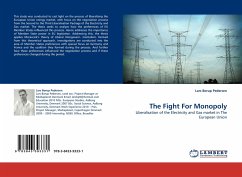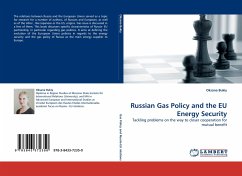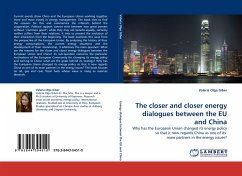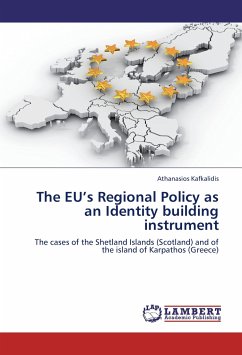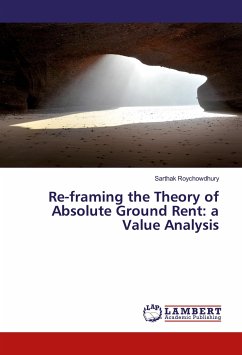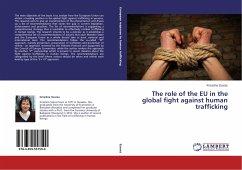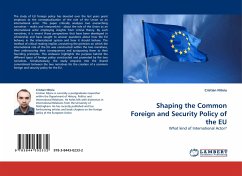This study was conducted to cast light on the process of liberalising the European Union energy market, with focus on the negotiation process from the Second to the Third Liberalisation Package of the Electricity and Gas market. The thesis seeks to analyze how the preferences of EU Member States influenced this process. Hence addresses the importance of Member State power in EU legislation. Addressing this, the thesis applies Moravcsik's theory of Liberal Intergovern- mentalism. Derived from this theoretical approach, investigations are conducted into the area of Member States preferences with special focus on Germany and France and the coalition they formed during the process. And further how these preferences influenced the negotiation process and if these preferences changed during the period.
Bitte wählen Sie Ihr Anliegen aus.
Rechnungen
Retourenschein anfordern
Bestellstatus
Storno

